|
“..I saw first-hand the tremendous power of the Internet to transform human behavior and unlock new opportunities. I knew then that my mission in life was to leverage this technology for good.”
– Bratati Ghosh, Chairman & CEO at Turn the Bus
0 Comments
“She said to him, "It meant the world to me that you stopped and talked to me." And it turned out; it meant the world to him as well. ”
“Silent classrooms, empty benches” was the description used for a desolate primary school in a hilly area of Pune, a result of mass migration of the inhabitants to larger cities in search of higher income and better opportunities.
“Of the 97 fellows selected that year, I was the only rural college graduate. There was no one there who looked like me or spoke like me. I felt alienated, intimidated and judged by many.”
“We can create a future where hope and history rhyme. But we have a problem.” - Katherine Fulton in her TED talk, describes how definition of philanthropy is shifting in the modern world and how the modern world can prepare for it.
|
Archives
March 2024
Categories |
21213 SE 42nd Pl.
Issaquah WA 98029
Issaquah WA 98029
Turn the Bus is a registered 501 (c) (3) US nonprofit organization.
© Turn the Bus. All rights reserved.
© Turn the Bus. All rights reserved.

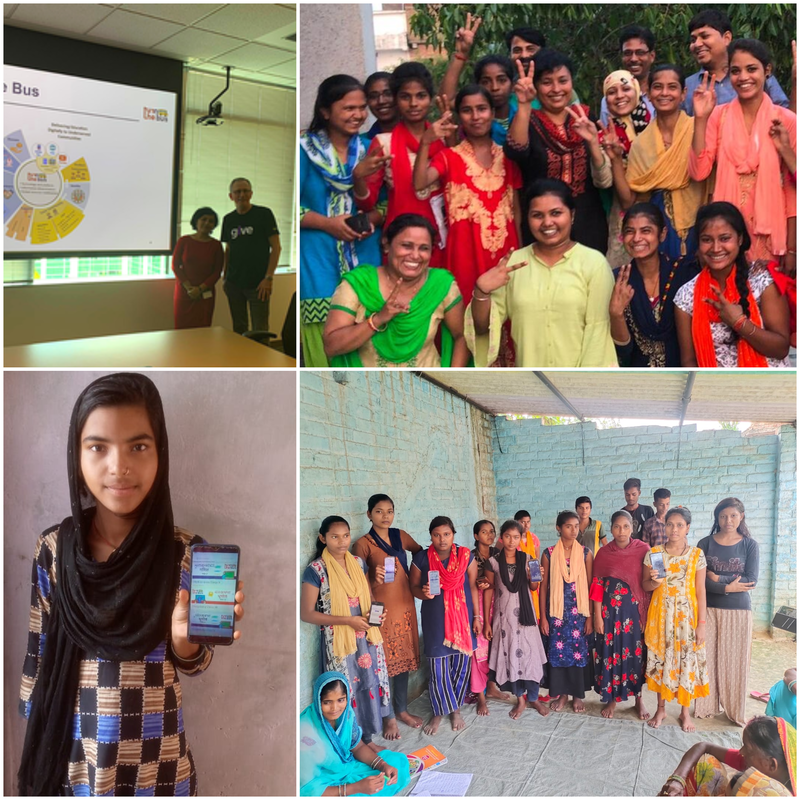
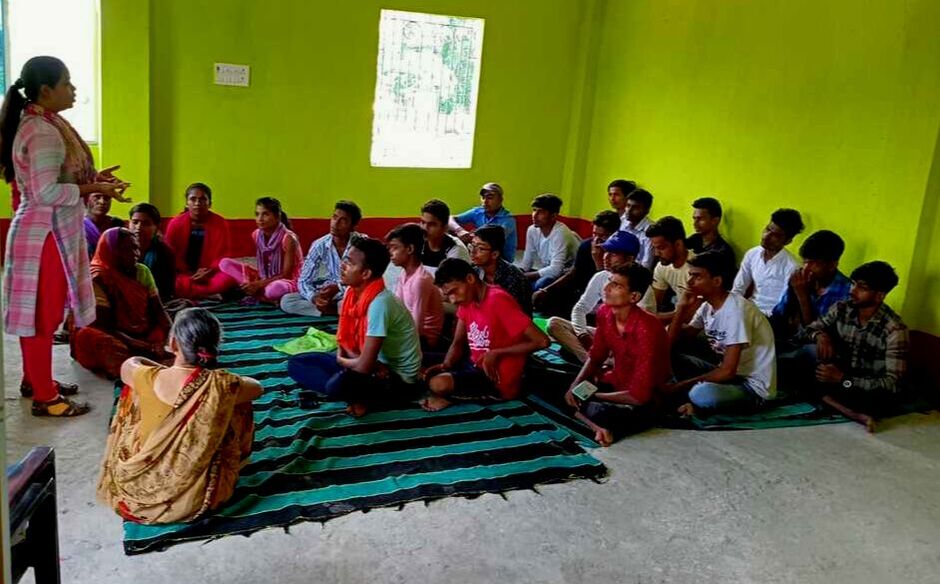
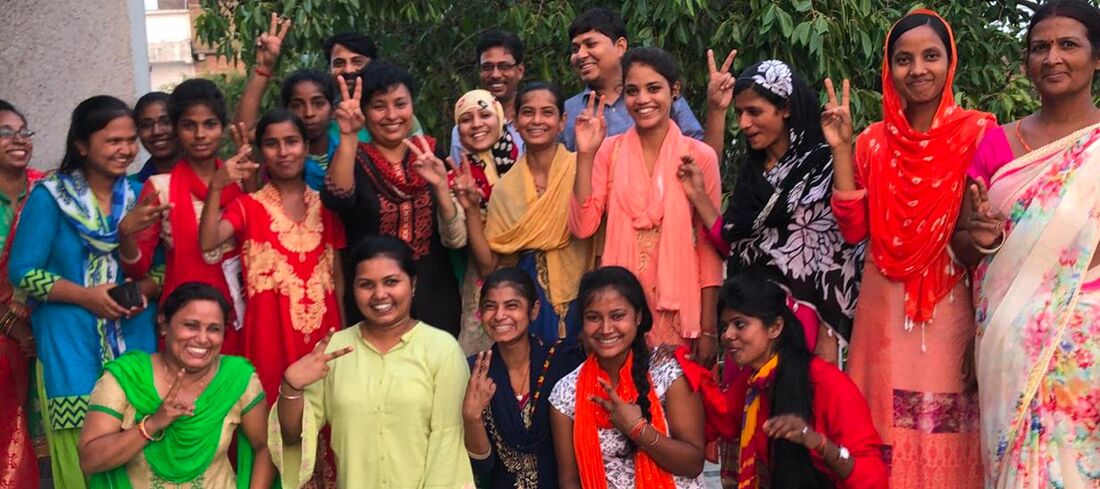
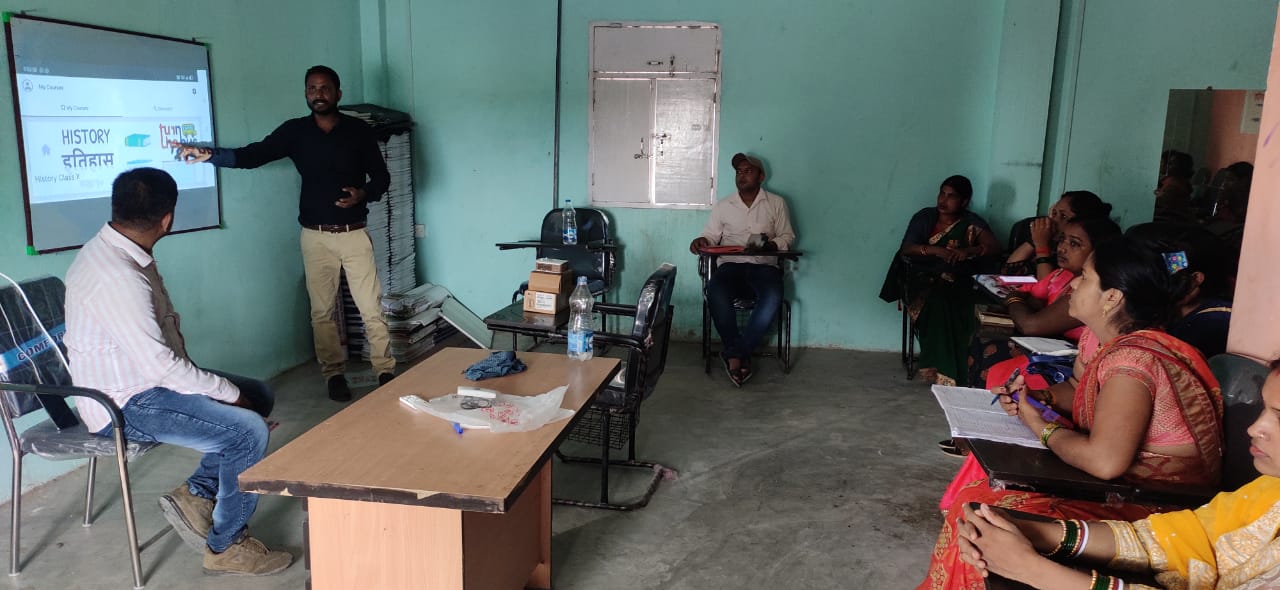
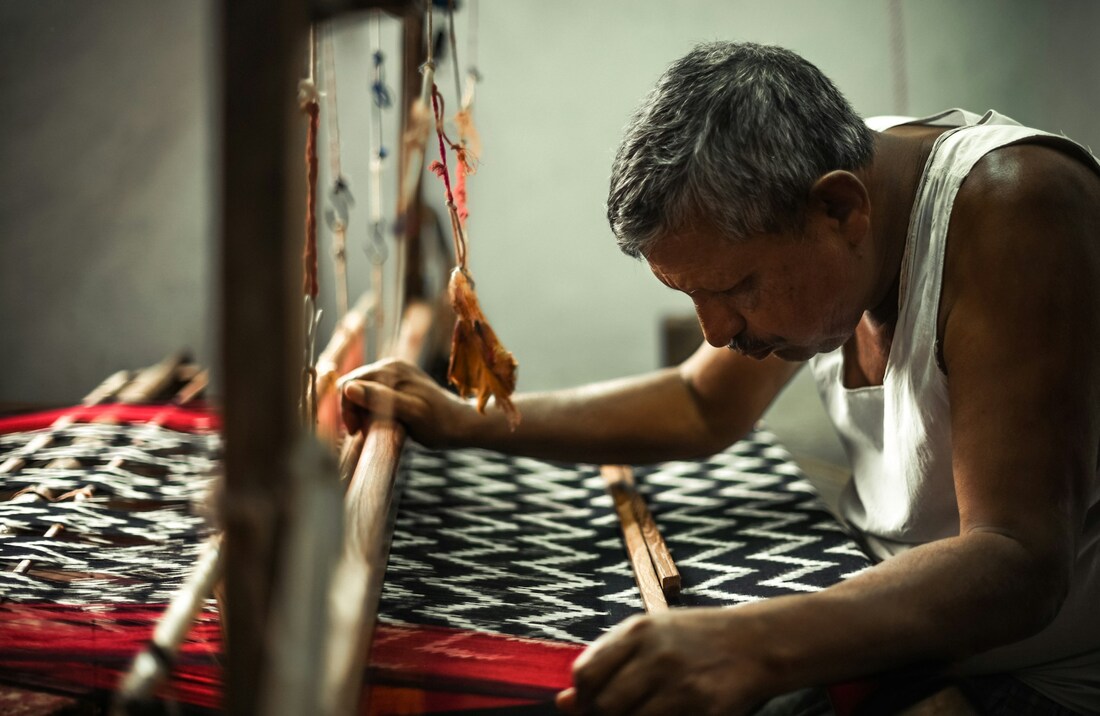
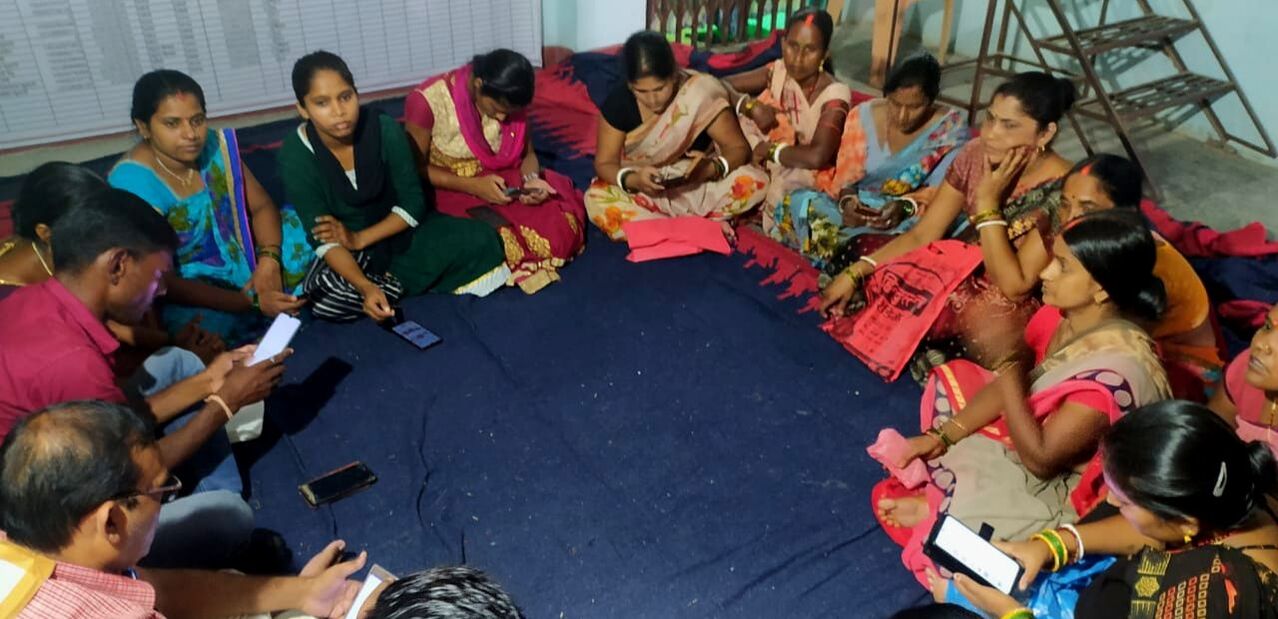
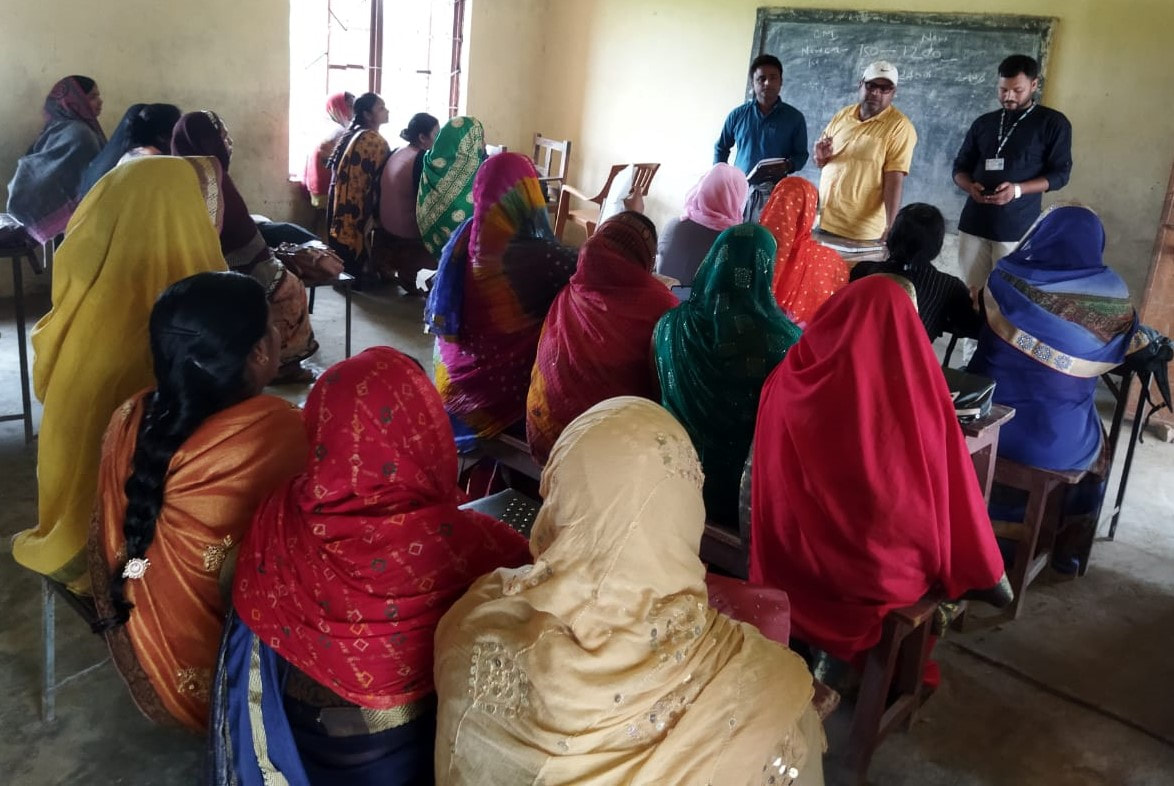
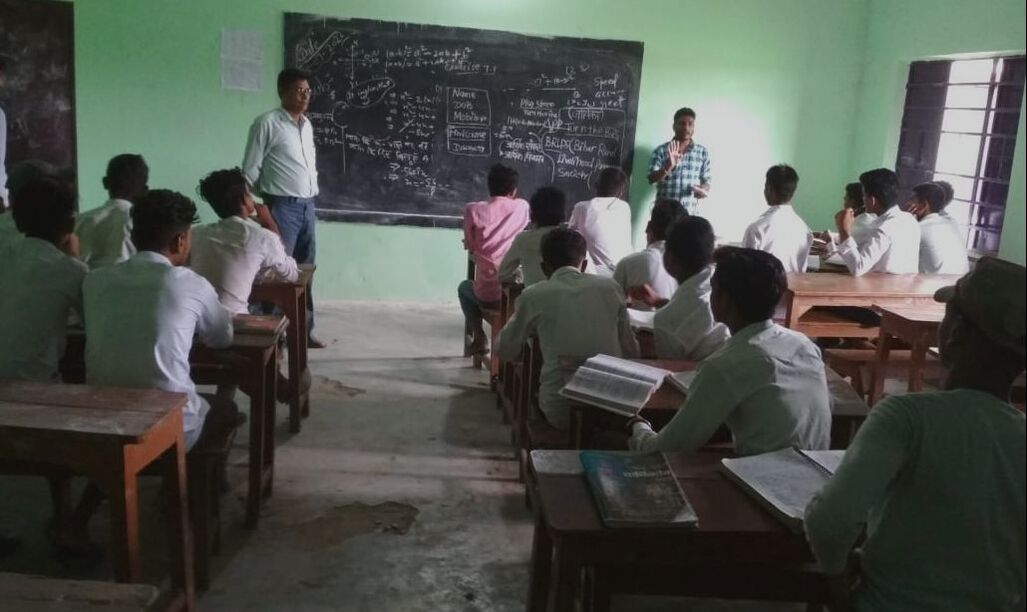
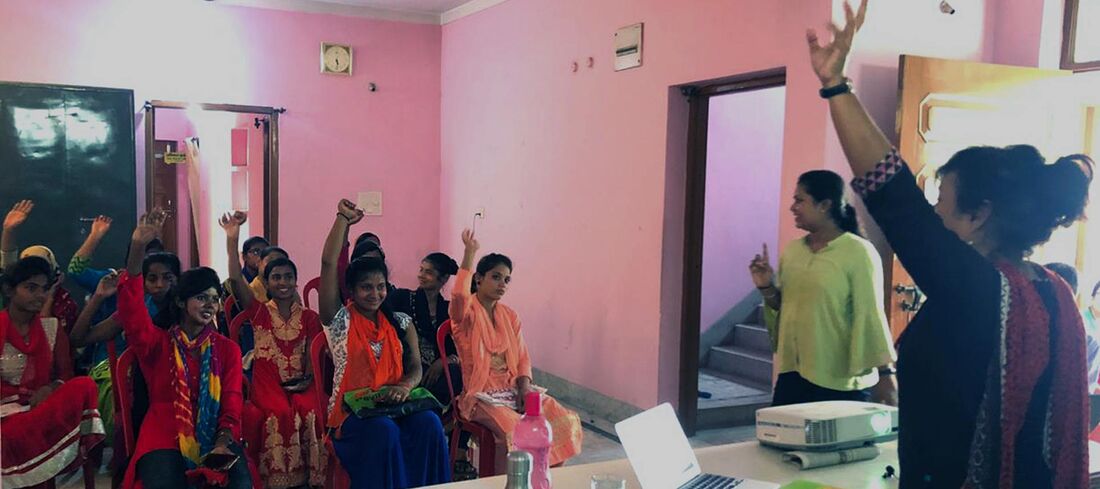

 RSS Feed
RSS Feed
